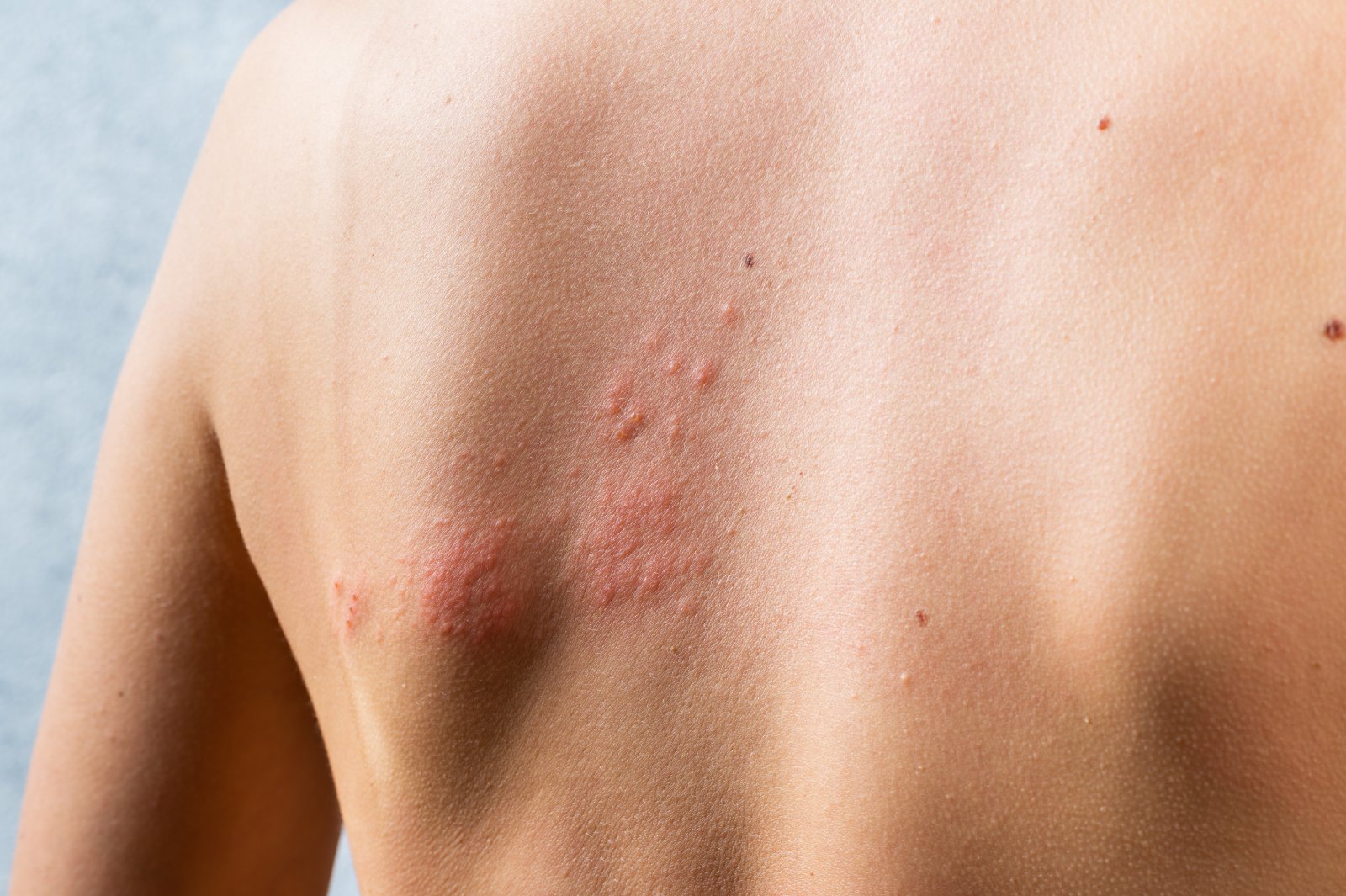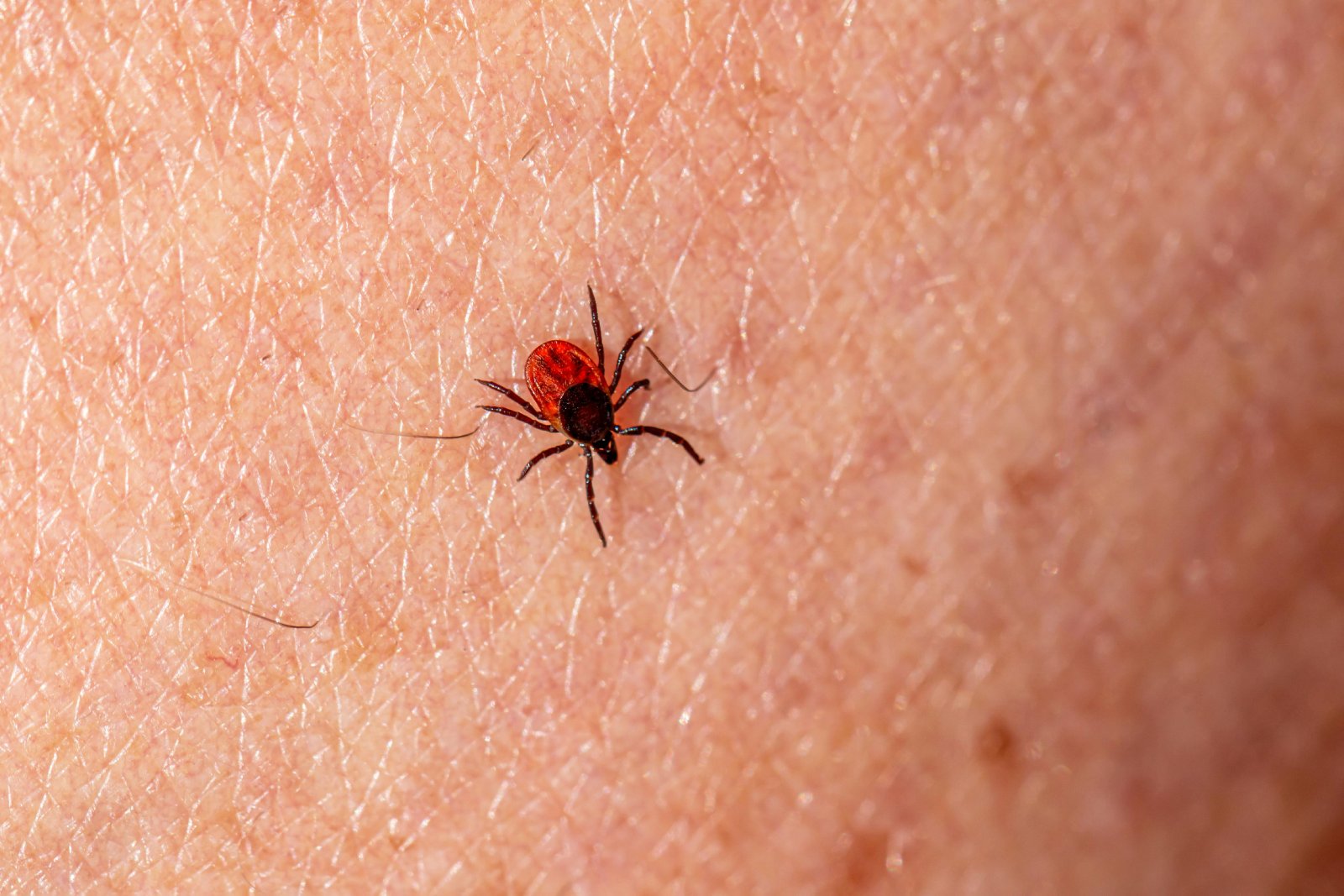Fleas and ticks are more than just a nuisance; they pose significant health risks to pets, children, and adults. Understanding these dangers can help you take proactive steps to protect your family and furry friends.
1. Disease Transmission

Fleas and ticks are notorious for transmitting diseases. Fleas can spread tapeworms and Bartonella (cat scratch fever), while ticks can carry Lyme disease, which affects both pets and humans.
2. Allergic Reactions

Flea bites can cause allergic reactions in both pets and humans. Flea allergy dermatitis is a common condition in pets that results in severe itching, hair loss, and skin infections.
3. Anemia

A severe flea infestation can lead to anemia in pets, especially in kittens and puppies. The blood loss from numerous flea bites can be life-threatening if not treated promptly.
4. Household Infestations

Fleas can quickly infest your home, hiding in carpets, bedding, and furniture. Once inside, they are challenging to eradicate and can continue to bite humans and pets alike.
5. Tick Paralysis

Certain tick species can cause tick paralysis, a condition that leads to muscle weakness and paralysis in pets. If not treated, it can be fatal.
6. Bacterial Infections

Ticks can introduce bacteria into a wound, leading to secondary infections. In humans, tick bites can become infected if not cleaned and treated properly.
7. Transmission to Children

Children playing with pets are at risk of flea and tick bites. Kids can easily bring these parasites into the home, increasing the risk of infestation and disease transmission.
8. Pet Distress

Fleas and ticks cause significant discomfort for pets, leading to restlessness, excessive scratching, and potential behavioral changes. The constant itching can affect their quality of life.
9. Lyme Disease

Lyme disease is a serious condition transmitted by ticks. Symptoms in humans include fever, headache, fatigue, and a characteristic skin rash. If untreated, it can spread to joints, the heart, and the nervous system.
10. Tapeworm Infection

Fleas can carry tapeworm eggs, which pets can ingest during grooming. This can lead to a tapeworm infection, causing weight loss, vomiting, and other gastrointestinal issues in pets.
11. Tick-Borne Encephalitis

Tick-borne encephalitis (TBE) is a viral infection that affects the central nervous system. It can cause meningitis, encephalitis, and other serious neurological conditions in humans.
12. Flea-Borne Typhus

Flea-borne typhus is a bacterial disease that humans can contract from flea bites. Symptoms include fever, headache, chills, and rash, and it requires antibiotic treatment.
13. Persistent Itching

Flea bites on humans can lead to persistent itching and red, inflamed bumps. This can result in discomfort, allergic reactions, and potential skin infections from scratching.
14. Hard-to-Spot

Ticks are small and can be difficult to spot on pets and humans. They often attach in hidden areas, like behind ears or under fur, making regular checks essential.
15. Expensive Treatments

Treating flea and tick infestations can be costly. Veterinary bills, pest control services, and medications all add up, creating a financial burden for pet owners.
Stay Vigilant and Protect Your Loved Ones

Understanding the risks associated with fleas and ticks is crucial for maintaining the health and safety of your pets and family. Regular checks, preventive treatments, and prompt action can help keep these dangerous pests at bay. Ensure your home and pets are protected to avoid the severe consequences these parasites can bring.
Featured Image Credit: Shutterstock / Pixel-Shot.
For transparency, this content was partly developed with AI assistance and carefully curated by an experienced editor to be informative and ensure accuracy.

